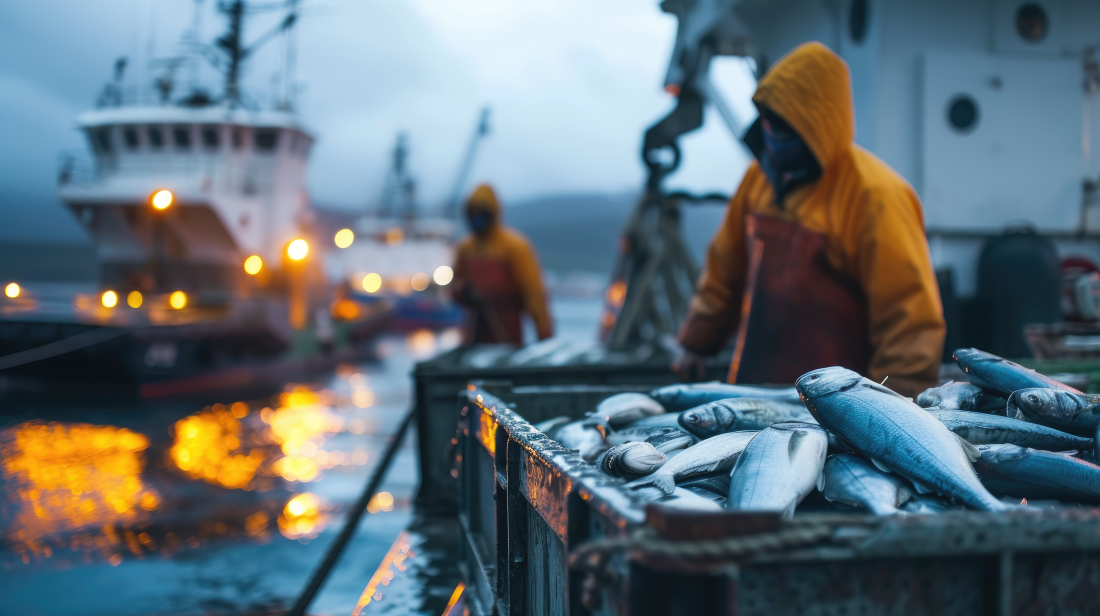FaCeT
Fisheries and Climate Toolkit
The Fisheries and Climate Toolkit (FaCeT) is an ongoing National Aeronautics and Space Administration (NASA) Ecological Conservation project that seeks to support climate readiness and resilience in the ocean.
FaCeT develops a wide range of products with multi-sectoral management applications using the fundamental principles of dynamic ocean management to generate innovative, transformative, and actionable science.
Supporting Climate Resilience and Readiness
Climate change is projected to yield an average increase of 1–6°C in global sea surface temperatures by 2100.

Through the development of forecasting applications that directly address the specific management challenges, needs, and priorities that fisheries face due to climate variability and risk, FaCeT is working to support their climate resilience and readiness.
Why is the impact of climate change on oceans important?
Climate change threatens both ocean ecology and economies. Ocean ecosystems support about 75% of animal biomass on Earth and ocean economies support billions of people’s livelihood and subsistence.
Despite the evidence of increasing global warming, there remain many unanswered questions about how oceans are, and will continue to be, impacted by climate change. Understanding the current and future impacts of climate change has tremendous implications for biodiversity conservation and humans' wellbeing.




